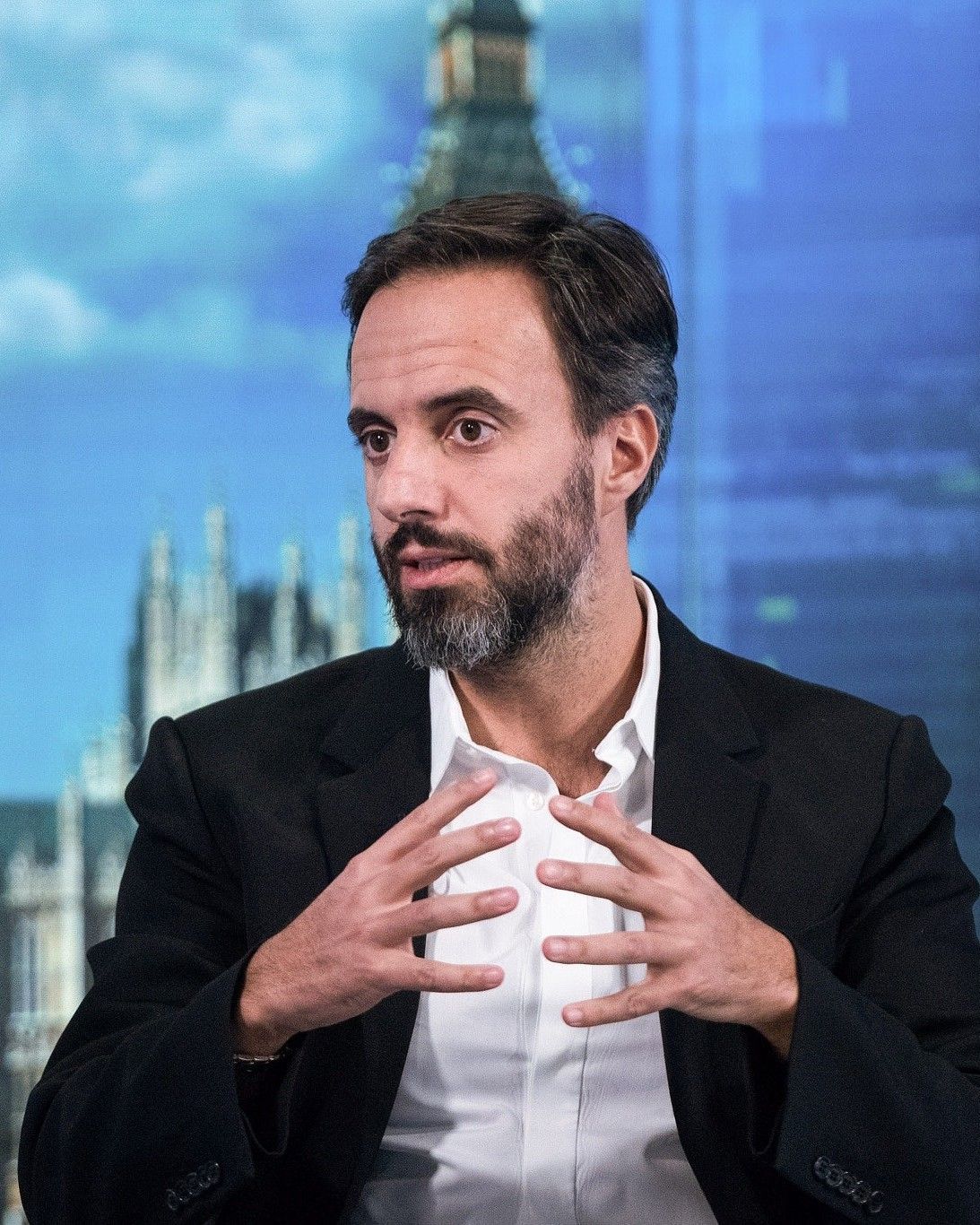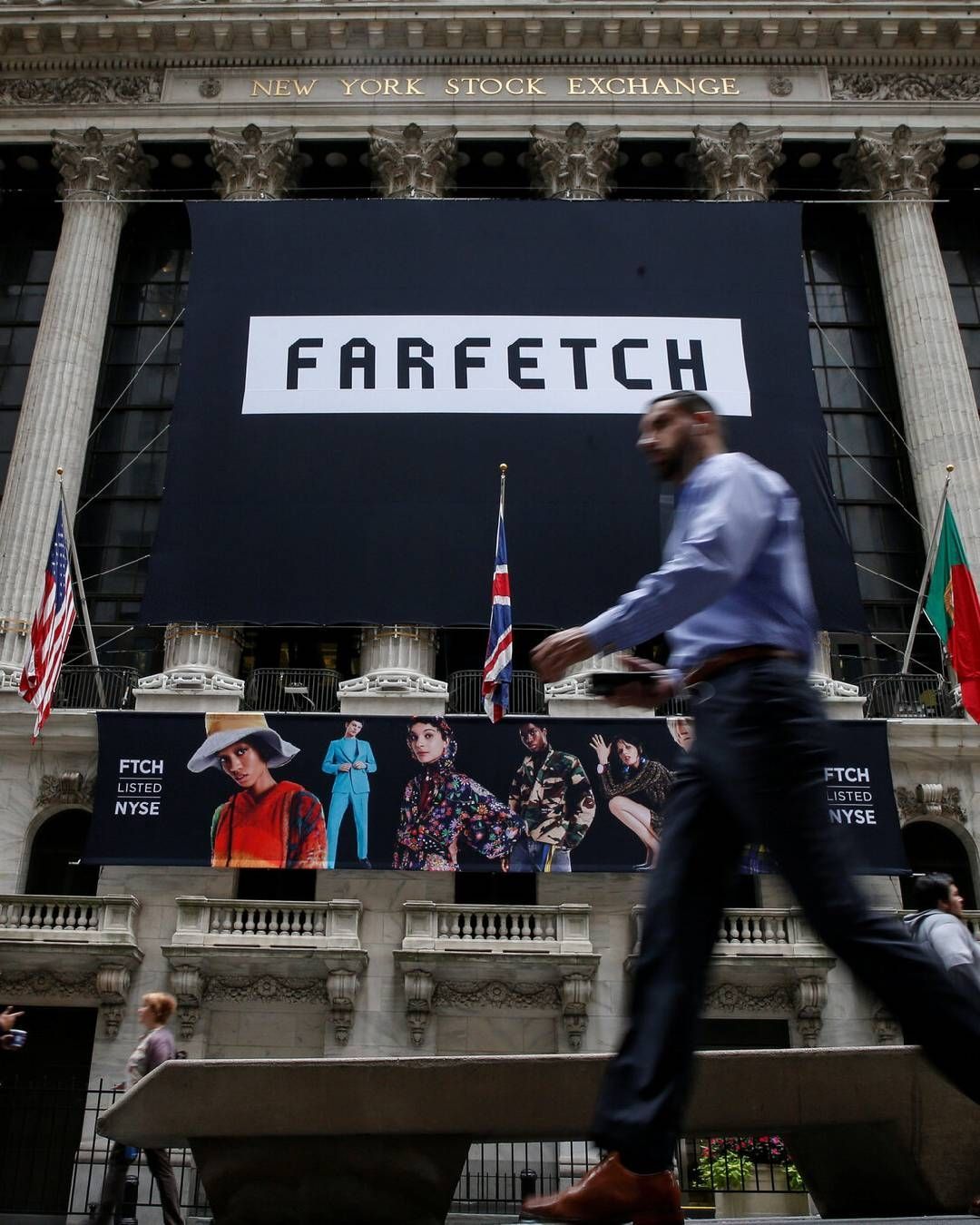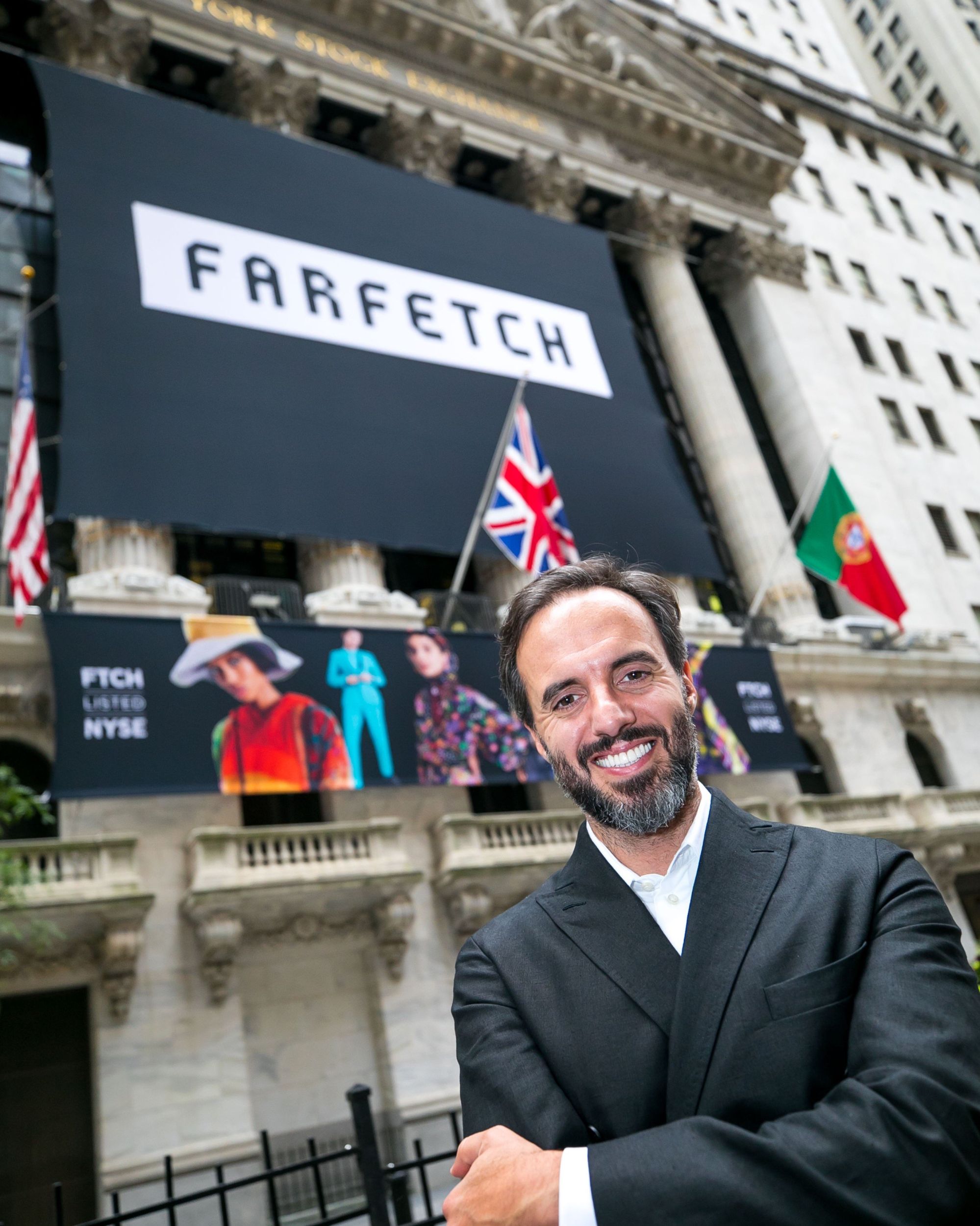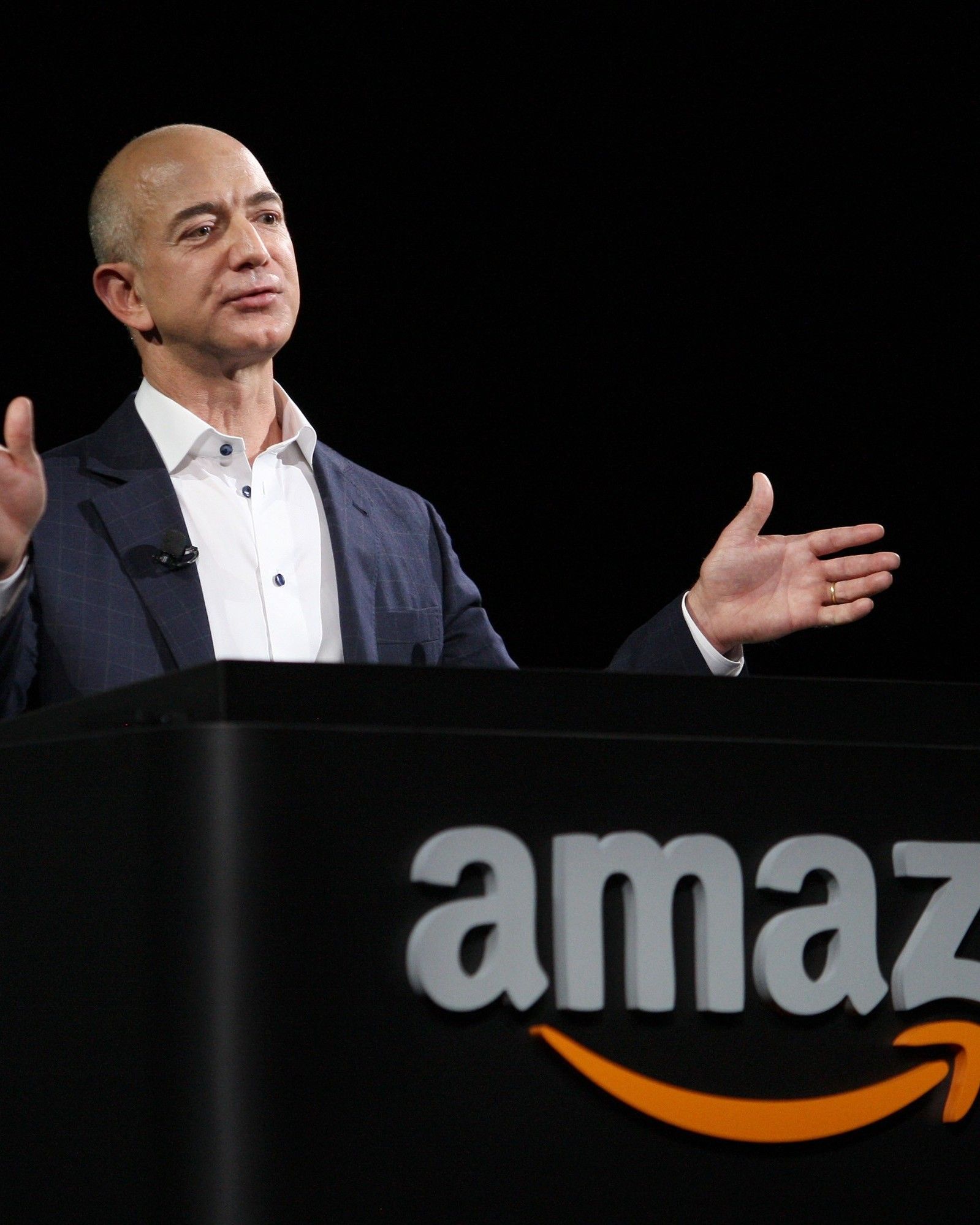
Josè Neves is no longer Farfetch's CEO Una cosa del genere era già avvenuta in “Succession”
UPDATE 15/02/2024: Farfetch's founder and CEO, Jose Neves, has announced his departure, as revealed in an internal note reported by The Business of Fashion. His exit comes shortly after the South Korean e-commerce company Coupang completed the acquisition of the struggling online luxury retailer, raising uncertainties about the market's future under new ownership. Several other Farfetch executives are also set to leave the company, including the CFO, CPO, COO, and COO. In the meantime, Coupang's CEO, Bom Kim, along with a team of remaining Farfetch executives, will take over the company's leadership. The note indicates that further layoffs within Farfetch are imminent.
The announcement of Coupang's acquisition of Farfetch was initially made in December, following a close call with bankruptcy, during which Farfetch secured a $500 million bridge loan from the South Korean e-commerce giant.
***
The rescue of Farfetch by the Korean giant Coupang has seemingly been disrupted by a plot straight out of the second season of Succession, but this time with José Neves in the role of Kendall Roy. The 2027 Ad Hoc Group, a collective of bondholders among Farfetch investors, is indeed challenging Coupang's acquisition of Farfetch, accusing the fashion e-commerce platform and its new owner of lack of transparency and, moreover, of undervaluing the company. In December 2023, Coupang had injected $500 million into Farfetch as part of the pre-pack administration deal, leading Coupang to gain 100% ownership and wiping out the investment of all existing shareholders, including founder José Neves. In response to Coupang's acquisition proposal, the 2027 Ad Hoc Group declared a default on the 2027 bonds, making them "immediately due and payable in full." According to a group spokesperson: "The group believes that this process sets an incredibly dangerous precedent. Allowing this transaction to complete fails to maximize the value of the assets of the company, at a time when at least three other credible parties were publicly reported to be interested in all or part of the business."
did farfetch just get bought for less money than farfetch paid for newguards
— brenda (@brendahashtag) December 18, 2023
The 2027 Ad Hoc Group argues that Farfetch and Coupang did not adhere to transparency standards in the December rescue deal, stating that Farfetch did not disclose its financial difficulties leading to the liquidation sale on December 18. Coupang's acquisition of Farfetch is shrouded in accusations of undervaluation. Investors have expressed concern (tinged, perhaps, with some skepticism) about the rapid deterioration of Farfetch's financial position within four months, from a robust state at the end of the fiscal year in August 2023 with guidance exceeding $800 million to a liquidation sale in December. Among other things, according to the group, several analysts, including JP Morgan, had valued the company at over $3 billion at the time of the sale, making the financial collapse "rapid and unexplained," assert the bondholders.
Moreover, the group's investors have also raised concerns about a clause known, in financial jargon, as a "poison pill" (a defensive strategy adopted by a company's board of directors to counter a takeover attempt by granting existing shareholders the right to purchase additional shares at a discounted price, thus diluting the influence of a potential acquirer and discouraging them from proceeding without board approval) implemented by Coupang and its investment partner, Greenoaks Capital. According to the group's investors, this clause imposes a $1 billion penalty on any other transaction. "If Farfetch pursues an alternative transaction, any competing bidder would, in effect, have to pay a $1 billion fee [which] risks making it unviable for any other bidders to present an alternative, value-maximizing offer," emphasized the group, proposing that better value for Farfetch's assets could be achieved through alternative routes, such as a break-up sale of assets to interested bidders. Coupang, for now, has not commented, but surely clarity is needed.















































